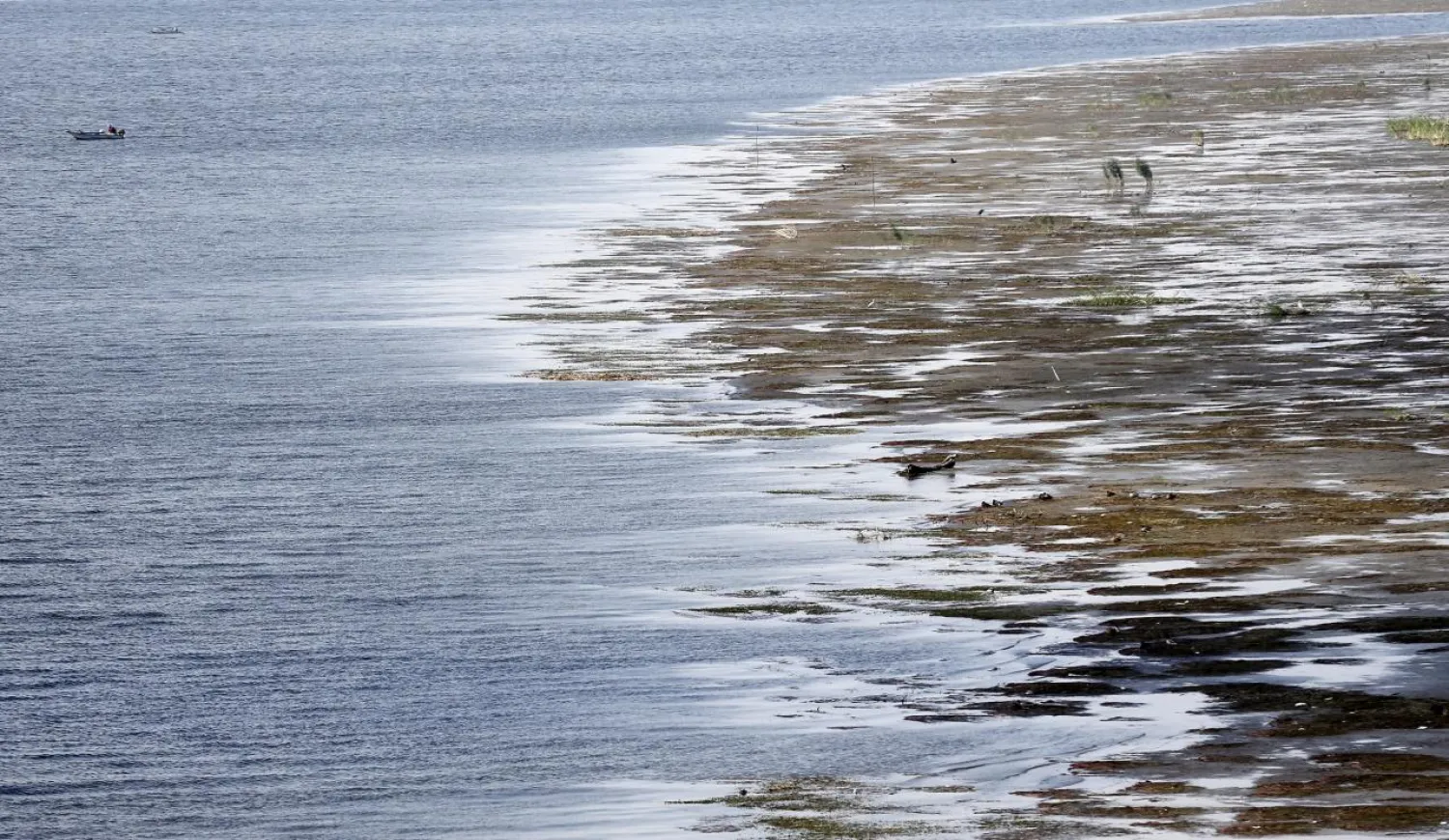Egypt’s Foreign Ministry denied on Wednesday reports that Egypt had asked to exclude Sudan from the tripartite negotiations on the Grand Ethiopian Renaissance Dam, which Ethiopia is building along the Nile River.
Cairo says the dam threatens its historic share of fresh water.
Egyptian Foreign Ministry Spokesperson Ahmed Abu Zeid denied the claims circulating on Ethiopian news media that Egypt requested the exclusion of Sudan from negotiations.
“This news is totally false and unfounded” Abu Zeid stressed according to the Egyptian Foreign Ministry website on Facebook.
“On the contrary, the proposal made by Egypt to request the participation of the World Bank as a neutral party in the negotiations of the Tripartite Technical Committee, submitted by Egypt to the Sudanese government --Egypt is waiting for the response of both Ethiopia and Sudan to the proposal, “he added.
The spokesman warned against media circulating false news.
Cairo fears that the construction of the huge Ethiopian renaissance dam will reduce the flow of Nile water, which supplies about 90 percent of Egypt's needs.
In March 2015, the leaders of the three countries signed a memorandum of understanding obliging them to reach consensus through cooperation.
The $5 billion dam, built on the Blue Nile, is expected to become Africa's largest power-generating dam.
The Blue Nile, the largest part of its water in Ethiopia, meets the White Nile in Khartoum to form the Nile that crosses Sudan and Egypt before it flows into the Mediterranean.
In a statement last week, Egyptian President Abdel Fattah al-Sisi stressed the importance of continued communication between Egypt, Ethiopia and Sudan on the dam after proposing the participation of experts from the World Bank to resolve the dispute.
During Foreign Minister Sameh Shoukry’s December 26 visit to Ethiopia, Egypt submitted a proposal requesting introducing the World Bank as a neutral mediator in negotiations.
The proposal was conveyed in a letter from Sisi to Ethiopian Prime Minister Haile Meriam Desaline, and Egypt awaits the response of both Addis Ababa and Khartoum on the proposal, according to an Abu Zeid press statement on Wednesday.









